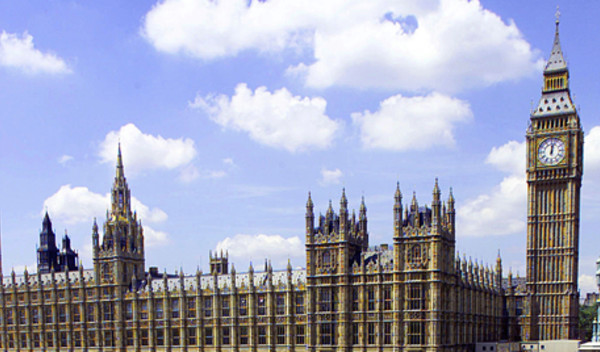

Politicians will keep tinkering with the pension system despite a welcome lack of measures in the last budget, Hargreaves Lansdown has forecast.
The investment firm, which many UK savers use to invest their pensions, believes the government will be poised to address pension tax yet again this year in order to make it easier to understand and more distributive.
Hargreaves' senior pensions analyst Nathan Long said higher rate taxpayers in particular should contribute as much as possible to their pensions before any future tax changes come into effect.
Mr Long said: “Anyone who thinks the days of politicising pensions are gone are sadly mistaken, a raid on pensions in some form becomes just too tempting when the [government's] coffers need replenishing.
“Higher rate tax payers should prioritise pension contributions as it appears unlikely that the system will be around in its current form just as soon as a government, regardless of persuasion, has a sufficient majority to enact change.”
Chancellor Philip Hammond resisted changing pension tax or introducing any major new measures around personal pensions in his Budget speech in November.
This was despite ventures by his predecessor George Osborne into the realms of tax relief with a view to changing the way relief is distributed.
Currently earnings are given relief at the marginal rate of income tax at point of going into a pension pot as well as during accumulation, while taxes are levied on withdrawals in retirement.
Mr Osborne consulted on turning the system on its head and introducing Isa-style pensions whereby money would be taxed on the way in but tax free at point of withdrawal.
A third option was to introduce a flat rate of tax relief for all.
Hampered by the Brexit vote last June, Mr Osborne never implemented any changes despite rumours the government was leaning towards a flat-rate relief at the time.
The topic has not been officially resurrected since, although in October a government briefing paper fueled rumours new rules were back on the table for November's Budget.
Mr Long said the debate was long from over.
He said: “At some point the tax relief system will change to be easier to understand and more distributive.
“A flat rate top up (for example for every £2 you pay in you get a £1 top up) regardless of earnings is popular with many, but other solutions may be better at encouraging saving for retirement.”
He added: “I cannot see this happening in the current parliament, but at present that does not give us much more clarity given the fragile state of the government.”
Other industry professionals have alluded to similar changes.
Ken Davy, chairman and founder of the SimplyBiz Group, said: “I was astonished that higher rate tax relief survived both [the last spring Budget and the first autumn Budget].
“I have long believed that higher rate tax relief on pensions is unjustified and I am at a loss to understand why it has been allowed to continue for so long.”
Provider AJ Bell said the combination of the government’s weak parliamentary position and the all-consuming nature of Brexit might leave policymakers hamstrung when it comes to
pursuing potentially controversial reforms but changes could still happen down the line.
Senior analyst at the firm Tom Selby called for a long-term savings commission to be established,
independent of government, to help build consensus about the future direction of UK
savings policy.
Without such a commission, it seems inevitable potential cuts to pension tax relief will once again hit the headlines in 2018, he said.
Mr Selby said: “As automatic enrolment is rolled out to more savers and minimum contributions are gradually increased, the upfront cost of tax relief to the Treasury will creep higher.
“And with growth forecasts for the UK revised down by the Office for Budget Responsibility the temptation to raid the pension tax honeypot to fund spending could yet prove irresistible for the chancellor.”
carmen.reichman@ft.com



